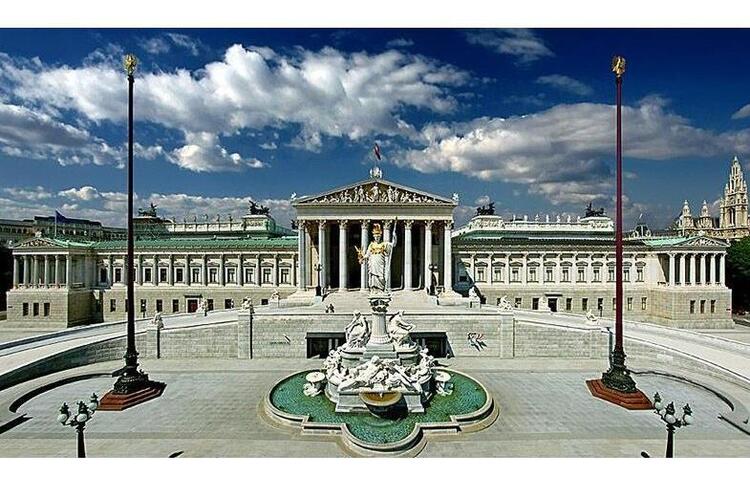Pro-Russian politicians may win elections in Austria and Slovakia, EU calls it a disaster
If elected, these politicians promise to stop military aid to Ukraine

The victory of pro-Russian candidates in the upcoming elections in Austria and Slovakia will give Russian dictator Putin a powerful tool against Ukraine.
Source. This was stated by EU officials to Politico.
According to European officials, if pro-Russian politicians come to power in Austria and Slovakia, Russia will be able to undermine EU efforts to help Kyiv and disrupt the approval of new sanctions.
Politico's sources describe the Austrian Freedom Party and the Slovak Smer party as "pro-Russian." Both political forces have high approval ratings and have a chance of winning in their respective countries, EU officials say.
"It will be a disaster," said a senior European Commission official.
Early elections in Slovakia will be held in September, and in Austria – not earlier than next fall.
The leader of the Austrian Freedom Party, Herbert Kieckl, is called an anti-American conspiracy theorist by the publication. In particular, he advocated deworming horses as a cure for COVID-19. Since November last year, his party has been leading in national polls. The current Austrian government is at risk of losing public support due to skyrocketing inflation and a sharp increase in the number of asylum applications in the country. If elected, Kieckl promised to use Austria's veto power in the European Council to block "senseless" sanctions against Russia.
And during his visit to Hungary, Herbert Kieckl praised the country as "a haven of national self-determination and resistance to globalist interference from Brussels."
The head of the Slovak Smer party, Robert Fico, is also leading in national polls. He has already headed the country's government, but in 2018 he was forced to resign due to mass protests after the brutal murder of investigative journalist Jan Kuciak and his fiancée. Fico promises to end military support for Ukraine if elected.
As a reminder, Austria has allocated 2 million euros for demining in Ukraine, but this decision has caused intense debate within the country.
If you have read this article to the end, we hope that means it was useful for you.
We work to ensure that our journalistic and analytical work is of high quality, and we strive to perform it as competently as possible. This also requires financial independence. Support us for only UAH 196 per month.
Become a Mind subscriber for just USD 5 per month and support the development of independent business journalism!
You can unsubscribe at any time in your LIQPAY account or by sending us an email: [email protected]



